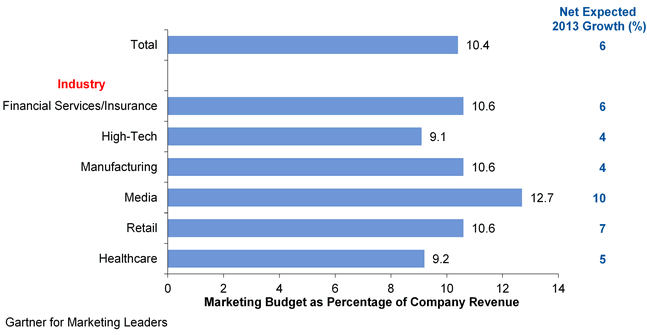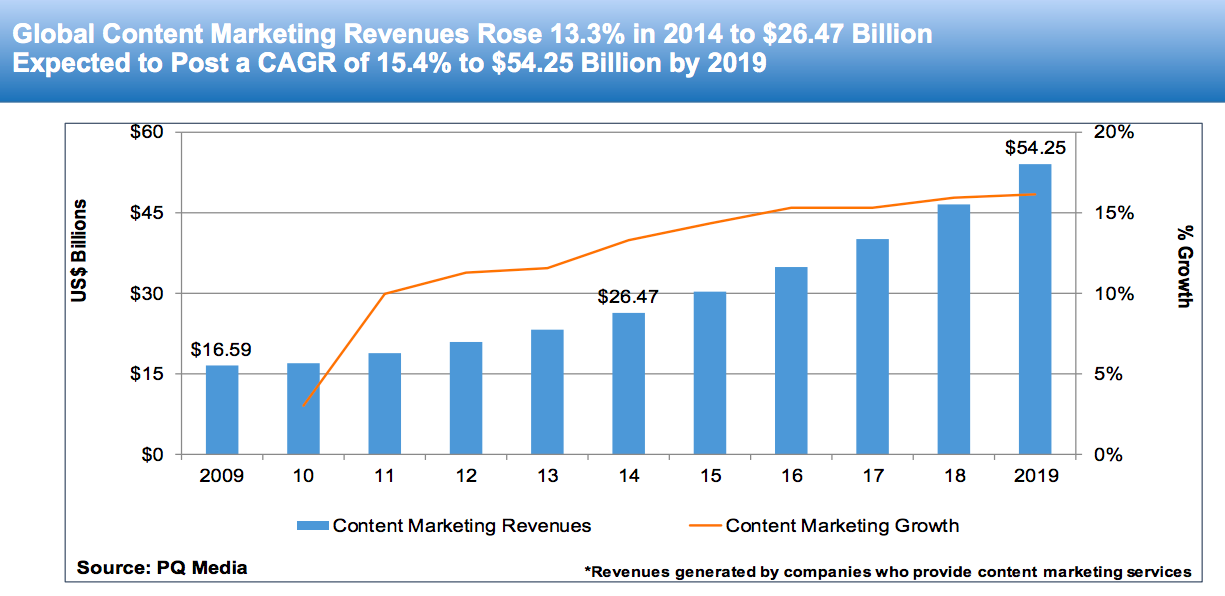Marketing Budgets Tips For Small Businesses and Startups
 For small businesses and startups, there’s plenty of different bills to worry about before you even consider putting together a marketing budget. But, as they say, “if you’re not growing, you’re dying,” it’s imperative that you dedicate some money towards growing your business through marketing.
For small businesses and startups, there’s plenty of different bills to worry about before you even consider putting together a marketing budget. But, as they say, “if you’re not growing, you’re dying,” it’s imperative that you dedicate some money towards growing your business through marketing.
When putting together a small business marketing budget there are so many different platforms all promising incredible ROI. It can, therefore, be difficult to allocate your budget with any degree of confidence. Today, we’re going to check out some marketing tips for small businesses and startups that can seriously help your bottom line.
Create Your Budget
The first step is going to be creating your marketing budget. Depending on the type of business you run, the amount of money you should be allocating towards marketing will differ. For most businesses, they allocate about 10% of gross revenue towards their marketing expenses. If you’re not sure about where to start, this helpful marketing budget calculator will help you get started.
Start Free
There’s no such thing as a free lunch unless we’re talking about marketing. Many of the most powerful marketing platforms today offer plans that cater to small businesses and startups that are available for absolutely free.
You can leverage every different social media platform, use email marketing, even unlock powerful analytical tools all for free. Depending on the service you’re using, certain features may not be available. Regardless, these free services are a great way to get your feet wet.
Plus, they provide you with a great way to learn the ins and outs of a particular platform before you invest any money into it. As any marketer can tell you, it’s much better to fail for free than to fail when there are serious dollars on the line.
Create Content
Not only has content marketing quickly grown into one of the most effective ways to market your business, but it also has a low cost of entry.
 By creating content that’s useful for your audience, you’re establishing a relationship with potential customers that goes beyond merely transacting with them. At the same time, you’re also providing value and driving brand awareness.
By creating content that’s useful for your audience, you’re establishing a relationship with potential customers that goes beyond merely transacting with them. At the same time, you’re also providing value and driving brand awareness.
Most importantly, content is rarely specific to a single platform. So, the content you create for your blog is equally at home across the other platforms where your brand has a presence.
Blog For SEO
The importance of SEO can’t be underestimated, especially for smaller businesses that don’t have the resources to allocate to PPC advertising yet.
There are tons of tools that can help you with on-site SEO, and many of those tools are available for free or are very cheap.
But, those tools aren’t going to be able to help you write engaging content around a topic, nor will it help get more eyeballs on your blog posts. That part is up to you. If you’re not sure where to start, this infographic will help point you in the right direction.
Embrace Analytics
For small businesses and startups, there’s little margin for error when it comes to marketing. This makes analytics critical. As we mentioned, some of the most robust analytical tools are available to you for free, and many others are either affordable or at least offer a free trial period for you to evaluate the software.
Everything you do that relates to your business’ marketing needs to be carefully analyzed, tweaked, and reanalyzed. This level of analysis will help you identify areas of your marketing that aren’t performing at all, areas that need to be tweaked slightly to perform better, and areas where you’re already excelling.
Spend Where It Counts in your Small Business Marketing Budget
We’ve already established that you don’t have a massive marketing budget to begin with. So, it’s critically important that the money you are spending is providing a clear return.
This ties in closely to the other tips on our list. If you’ve already leveraged the tools you can use for free and made use of some analytical tools, you should have a good idea of which channels are driving the most engagement for your business.
When the time comes to part with some of your marketing budget, allocate it towards the areas that have already shown promising results organically. For example, if you’ve built an audience on Facebook, and they’re engaging with the content you post, consider allocating resources towards Facebook, since it’s already working for you.
—-
Tim Brown is the owner of Tim B Design, and is a web designer and SEO Specialist out of Minneapolis, Minnesota. You can check out his recent project “The Marketing Budget Calculator” to plan your small business marketing budget for this next year and take a look at his blog to learn cutting-edge methods to get the most out of your digital marketing budget. Tweet him at @timbdesignmpls
–ooOoo–
Disclaimer: Any views or opinions represented in this post are personal and belong solely to the author and do not necessarily represent those of TBK Consult.








